VAT/GST in a Global Digital Economy
Indirect taxation is increasing in prominence worldwide. In times of international company tax competition, such forms of indirect taxation as value added tax (VAT) and goods and services taxes (GST) are particularly advantageous as sources of tax revenue on account of their broad base and non-distortion of competition in the chain of companies. In addition, the far-reaching changes in tax regimes wrought by these shifts are happening in direct parallel with the equally transformative digitalization of the economy, creating unprecedented difficulties for tax authorities worldwide and also for lawyers who must combine knowledge of the intricacies of indirect taxation with ever-changing digital ways of conducting business.
{{comment.content}}
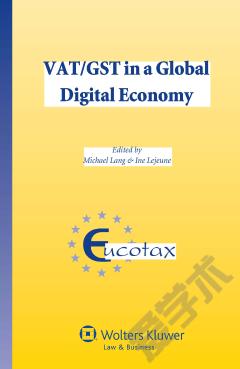
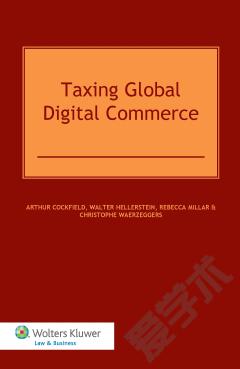
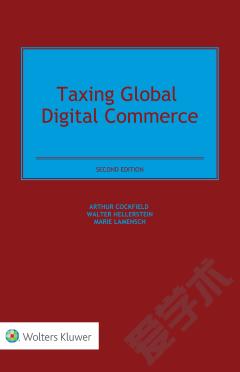

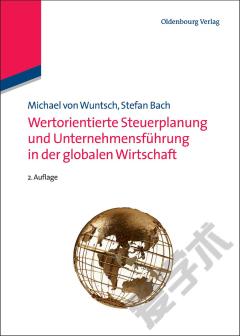

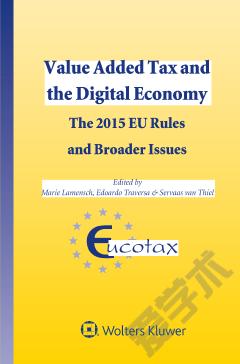

 京公网安备 11010802027623号
京公网安备 11010802027623号